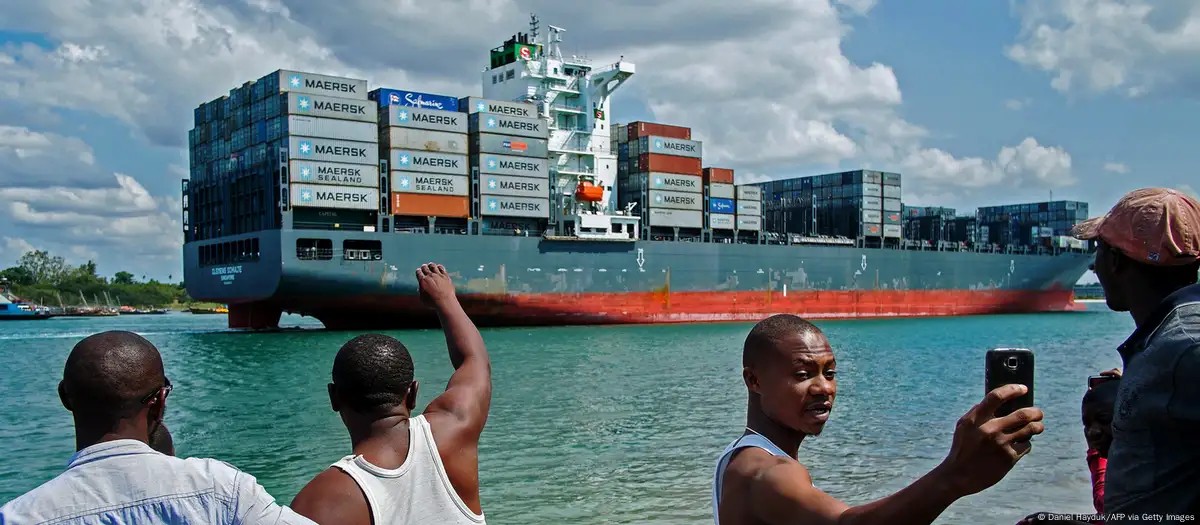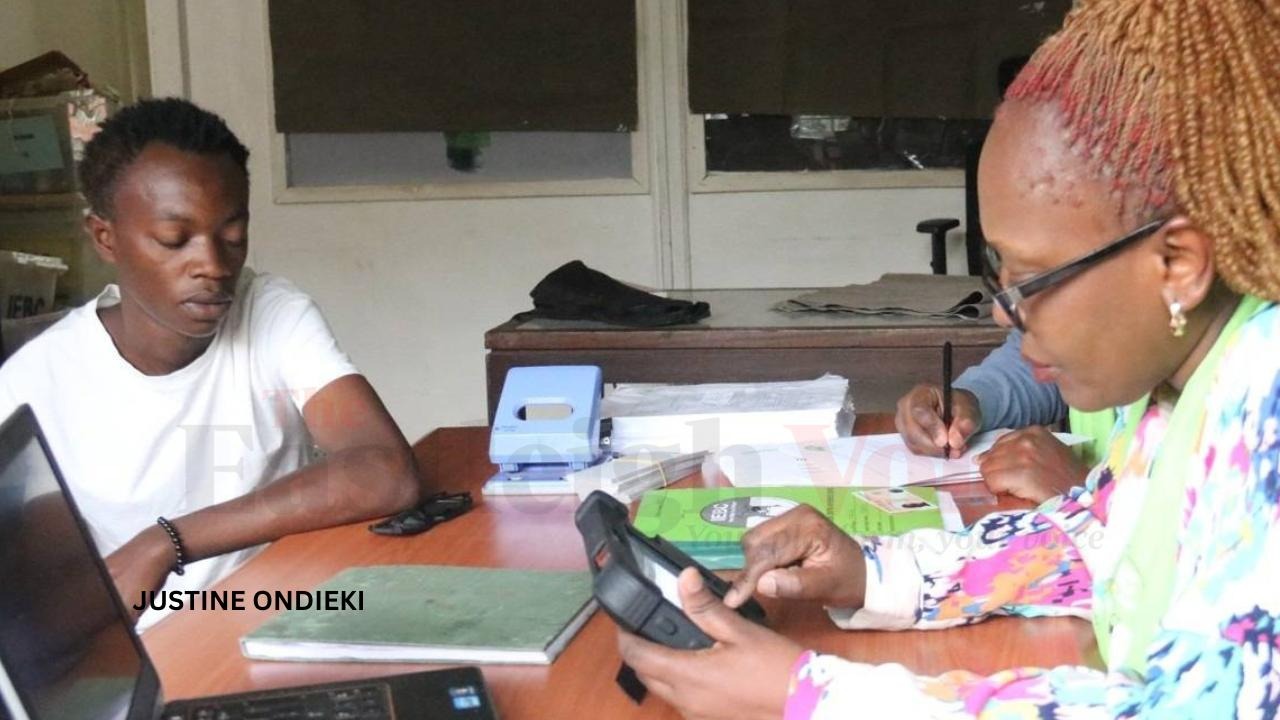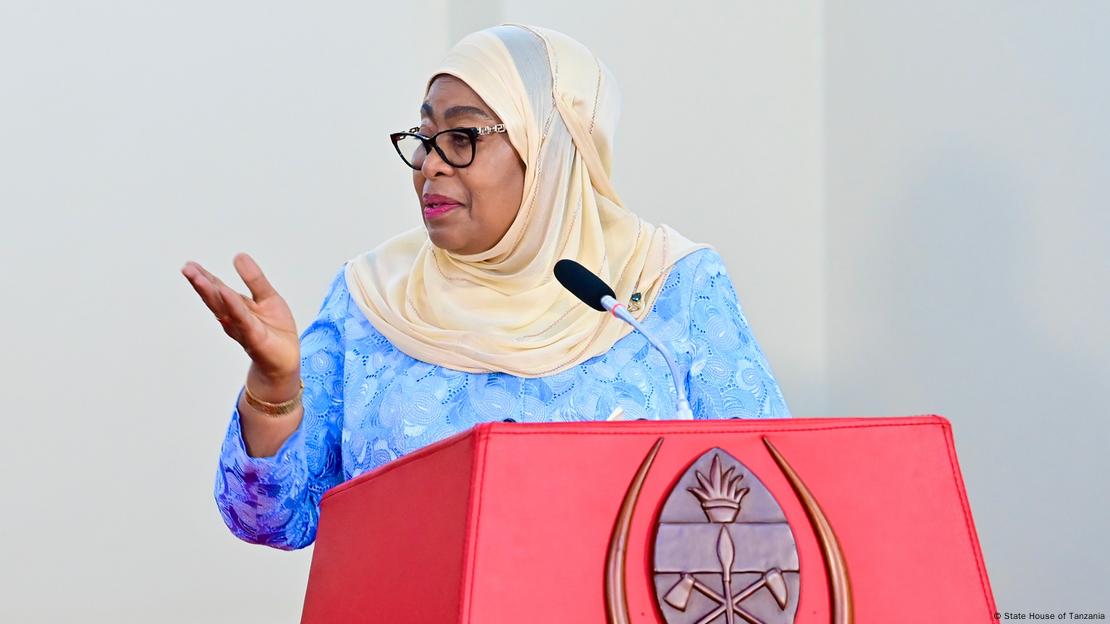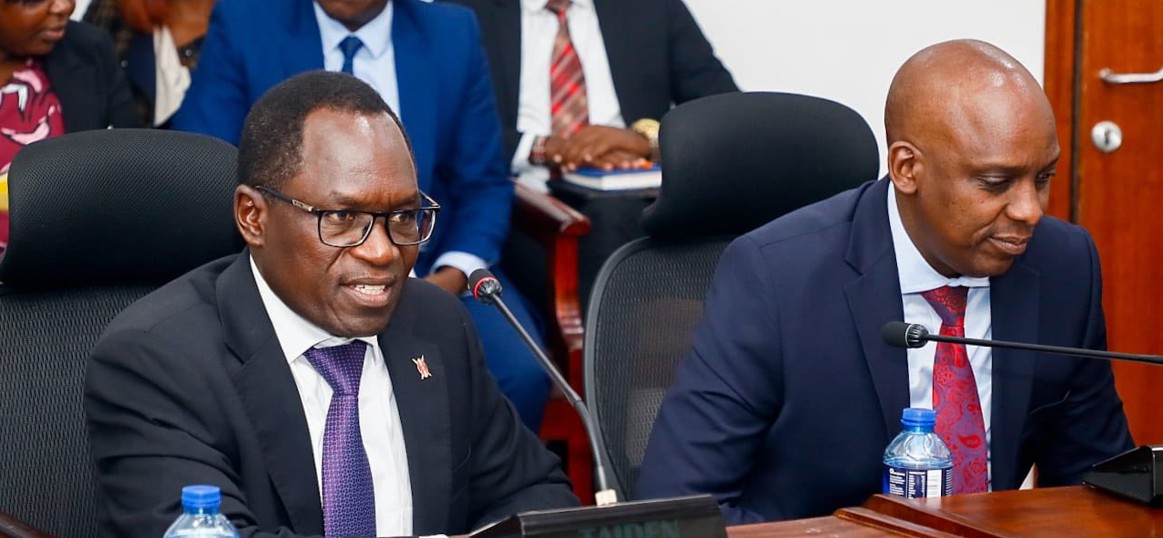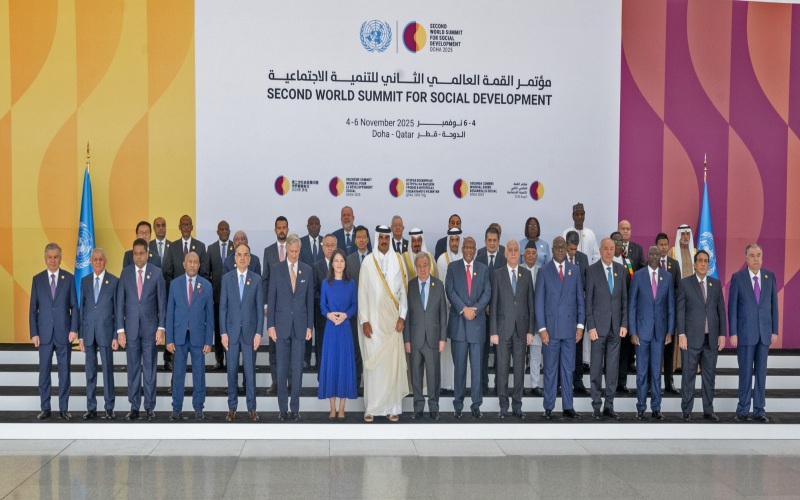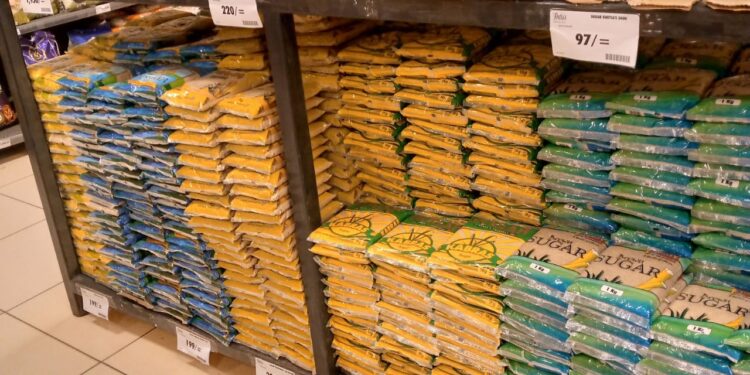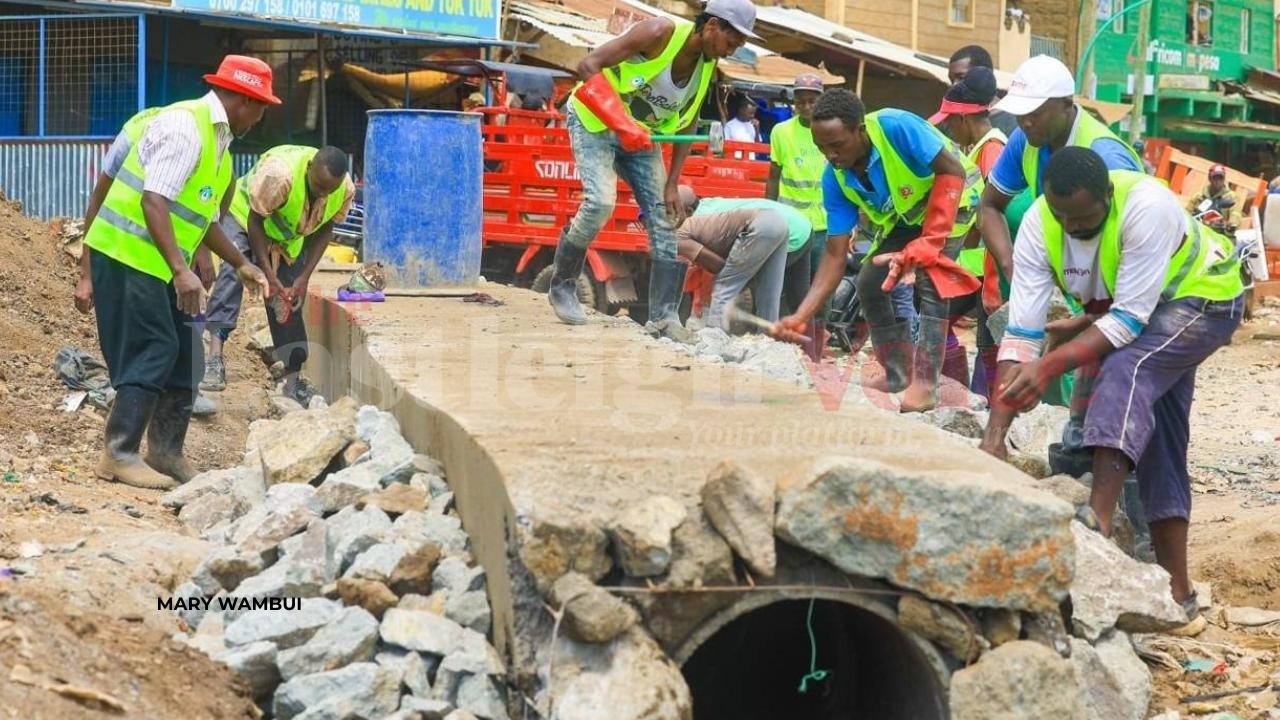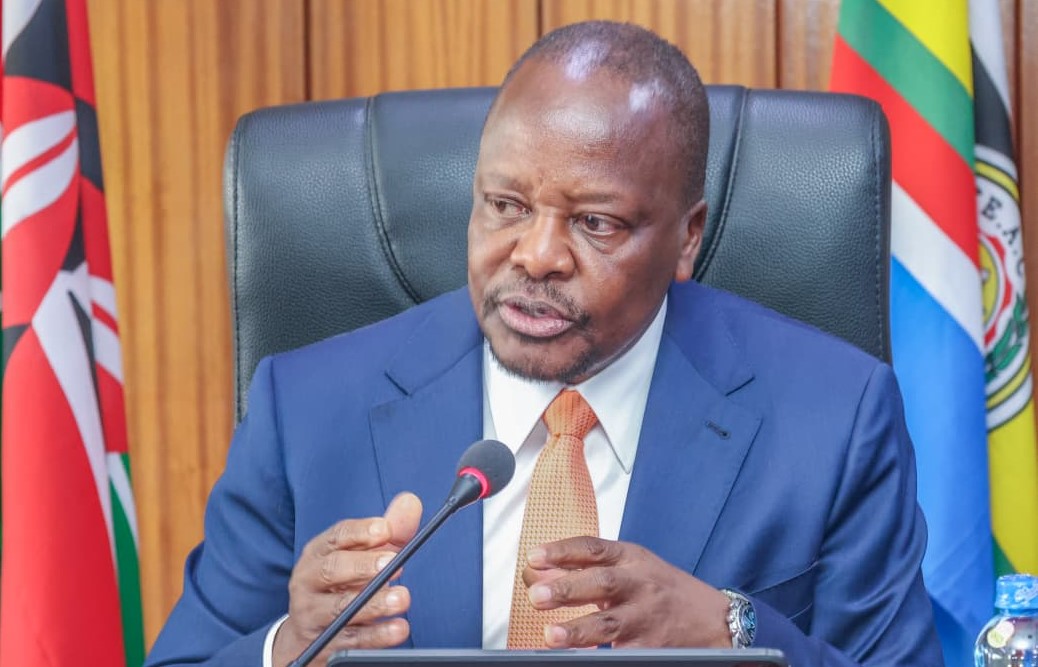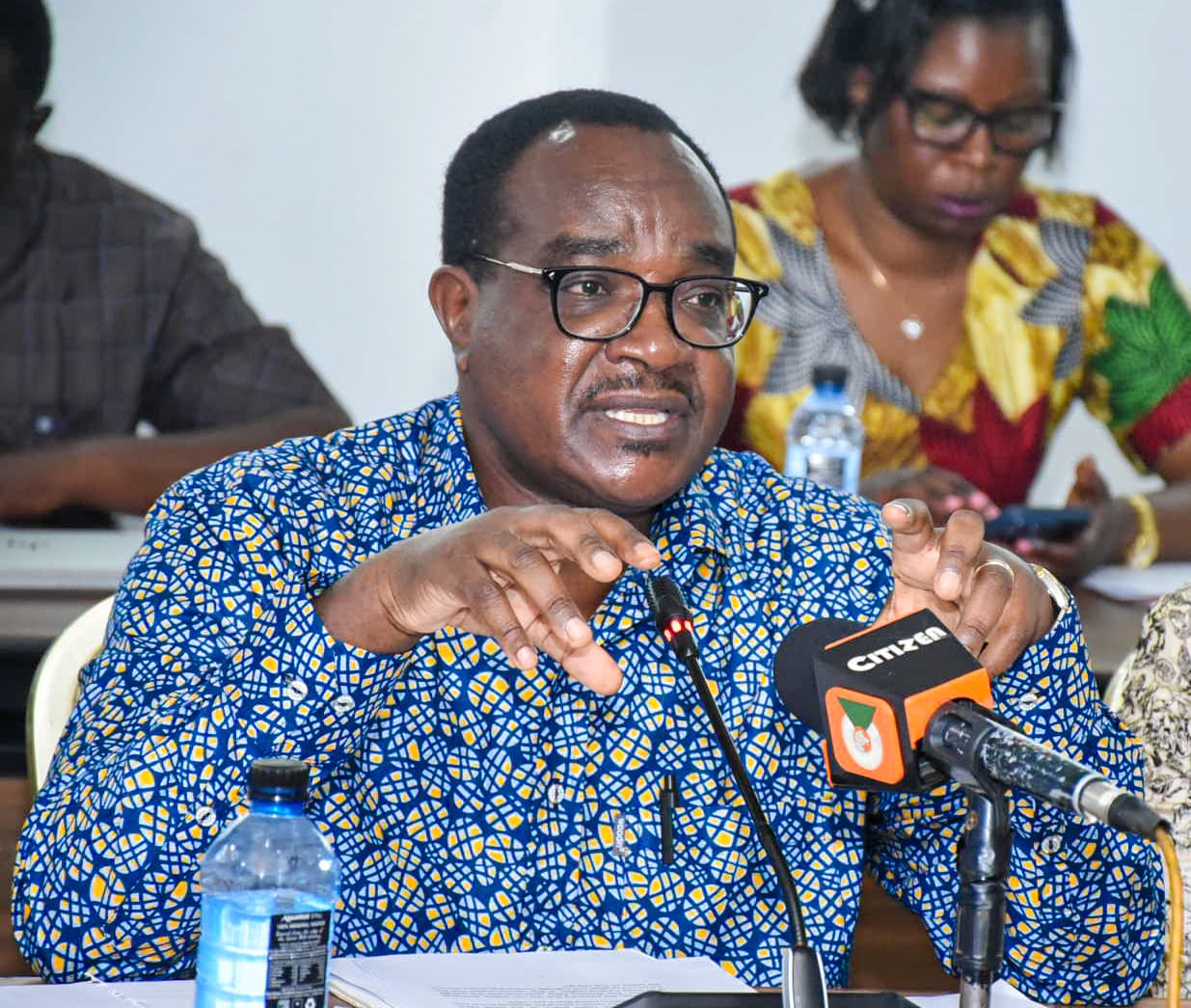Graft remains major problem as Kenya drops 3 places in latest TI index

Kenya’s score (31 points) fell below the Sub-Saharan average score of 33 and the global average score of 43.
Kenya has once again scored poorly in the fight against corruption with the latest ranking by Transparency International (TI) placing the country among some of the worst performers in the war against the vice.
The country scored 31 out of 100 points in 2023, a one-point decline from its 32 points in 2022, meaning corruption is still a major problem in the country, especially in the public sector.
More To Read
- Funding shortage puts EACC’s anti-graft war at risk- Auditor General
- Kenya intensifies fight against misuse of public funds through new leadership training
- Court dismisses EACC bid to block Sh20.5 million fire engine tender payment
- State honours or dishonours: Inclusion of politicians with criminal past in the list sparks debate
- EACC probing governors, county officials in 16 counties over multi-billion shillings graft claims
- Civic group petitions Senate over 'runaway graft'
On the global scale, Kenya ranked 126th out of the 180 countries and territories assessed by TI, which placed it among some of the poor performers in the war against corruption. The country took position 123 in 2022.
The country’s score also fell below the Sub-Saharan average of 33 and the global average score of 43, indicating serious levels of public sector graft.
The five-year trend analysis shows that Kenya had a change of three scores between 2019 (28 points) and 2023 (31 points). On the 10-year trend analysis, Kenya has had a change of four scores between 2013 (27 points) and 2023 (31 points), the 2023 CPI report says.
Few successful prosecutions
The report noted that Kenya has witnessed just a few successful prosecutions of graft cases in the recent past.
It says the situation was worsened by the fact that several cases either dragged inordinately, were withdrawn by the prosecution or resulted in acquittals with no publicly known efforts for reviews or appeals.
“Such a controversial collapse of cases has eroded public confidence in the ODPP's ability to uphold the rule of law and tame corruption,” the report notes.
One glaring example in the report is the Sh63 billion Arror-Kimwarer dam case, whose controversy has long plagued the Office of the Director of Public Prosecutions (ODPP).
The TI notes that with its partners, it sued prosecutors Geoffery Obiri and Oliver Mureithi for mishandling the Sh63 billion Arror and Kimwarer dam case.
Among what the ODPP has withdrawn is a Sh7.4 billion case against Deputy President Rigathi Gachagua, the reason being insufficient evidence.
After President William Ruto came into office following the August 2022 election, he was criticised by leaders including opposition chief Raila Odinga for influencing the withdrawal of cases against his allies.
President Ruto, however, has often pledged a tough war on graft, his latest declarations being about taming the vice within the Judiciary.
To tackle graft in Kenya, TI made proposals including the Judiciary's independence.
“Preserving the independence of the judiciary is paramount, and any investigation into allegations of corruption should be conducted transparently, impartially, and with utmost
respect for due process,’’ Sheila Masinde, Executive Director, Transparency International Kenya said.
“The goal should not only be to address concerns within the Judiciary but also to establish a comprehensive system of accountability that transcends all arms of the government. Specifically, within the criminal justice system, measures must be taken to enhance transparency, strengthen oversight, and foster a culture of integrity to rebuild public trust in the criminal justice process.”
Other proposals were as follows:
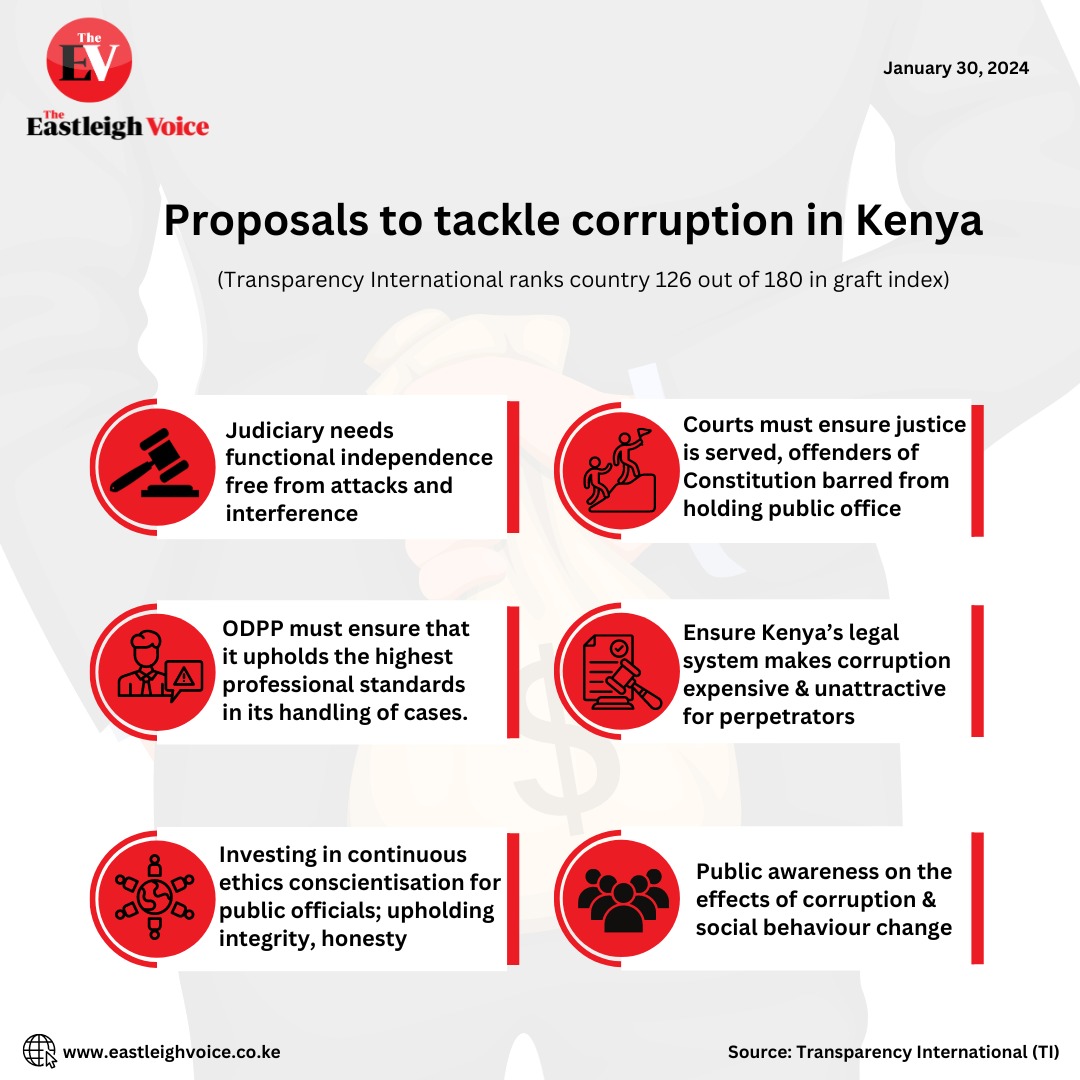
Other nations
The CPI uses a scale of 0-100, with 100 representing the least corruptt and 0 the most corrupt. Countries and territories are ranked based on their perceived levels of public sector corruption.
A global analysis of the report shows that corruption is thriving across the world. The report further indicates that over two-thirds of countries scored below 50 out of 100, which strongly indicates that they have serious corruption problems.
In the East African region, Rwanda topped with 53 points compared to 51 points in 2022, Tanzania scores 40, up from 38 and Uganda maintained a score of 26, while Burundi scored 20, up from 17 in 2022.
“The global average is stuck at only 43, while the vast majority of countries have made no progress or declined in the last decade. What's more, 23 countries fell to their lowest scores to date this year,” TI says.
Globally, Denmark, Finland, and New Zealand topped the index, with 90, 87, and 85 points, respectively, while Somalia, Venezuela, Syria and South Sudan fell at the bottom with scores of 11, 13 and 13, respectively.
Top Stories Today
